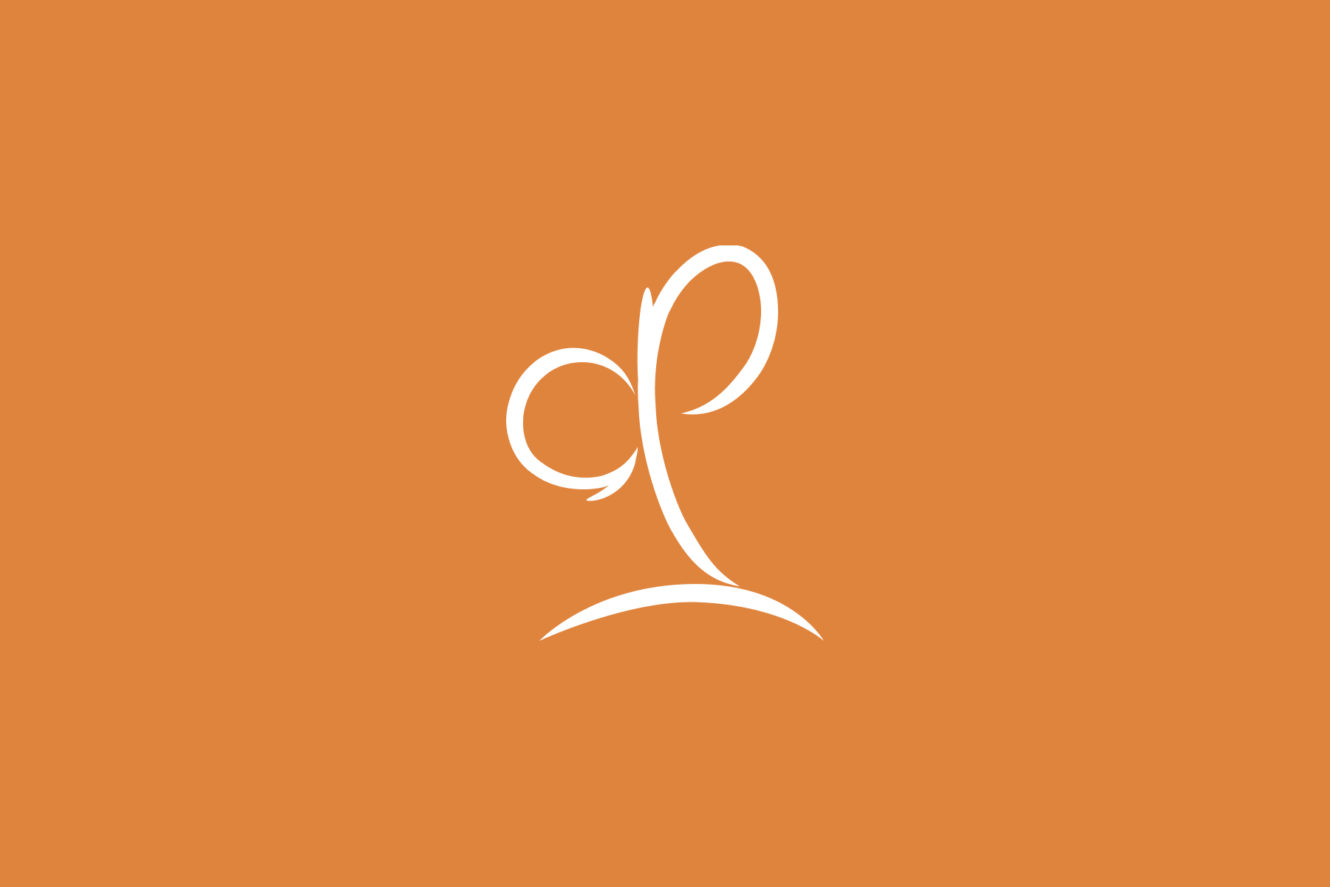Refugees of the North East #4: Mohammed

Mohammed and his wife came to the UK to study; with him gaining a specialist Accountancy degree and her undertaking a PhD in Chemistry from Newcastle University, which she recently completed.
When the war broke out in Libya in 2014, the situation became too unstable for Mohammed and his family to return to their home country.
Mohammed was made aware of the dangers of returning to Libya, with people being stopped at checkpoints at the airports and arrested. In some cases, people were imprisoned or even lost their lives being accused of anti-government action, particularly if the authorities were aware of or suspected any family ties to the fighting.
Citizens in Libya now face fears over their safety on a day-to-day basis, he explains, ‘People have been shot and killed for no reason. You can’t predict what will happen and when you might be in danger’. Mohammed described how the young son of his friend was shot and fatally wounded in Libya. He spent fifteen days in hospital before tragically passing away.
Mohammed and his family’s situation is increasingly difficult because they haven’t been granted refugee status yet, so both himself and his wife are not able to utilise their qualifications to work and earn a living. ‘I can’t work as an accountant and my wife cannot practice chemistry’, Mohammed told us. He continued, ‘We don’t just like to sit at home and receive a little bit of money. We have called the Home Office to try and find out how long it will take, but they cannot tell us this and so we have no idea how long we will be waiting.’ This state of ‘limbo’ has increased the stress and anxiety placed upon Mohammed and his family.
Now focusing on making the UK his children’s home, Mohammed is keen to give them the best possible start in life. He feels that it will be impossible for him to return to his home country in the near future. ‘Libya has lost a lot of its infrastructure, including hospitals and schools. If you get sick and are lucky to afford the costs, then you could travel to Tunisia to get treatment.’
Mohammed was introduced to The Comfrey Project by a friend whom he had met at his local mosque. His friend explained that The Comfrey Project supported refugees and asylum seekers in the North East, as well as their families and children, who are able to attend and get involved in various activities. He has been attending The Comfrey Project for just over a year and always comes with his two daughters. During half-term holidays, his son also attends with them.
The Comfrey Project offers Mohammed’s children a place to play and socialise. ‘It makes them happy to be here and that is very important for me. We don’t have family here and we see the people that come to The Comfrey Project like our family.’ Lots of people at The Comfrey Project help look after Mohammed’s children and he feels a real sense of kindness for the people who attend.
Mohammed feels that his children and all young refugees in the UK would benefit from summer activity programmes, games and educational activities because this will help instil a sense of normality for them.
